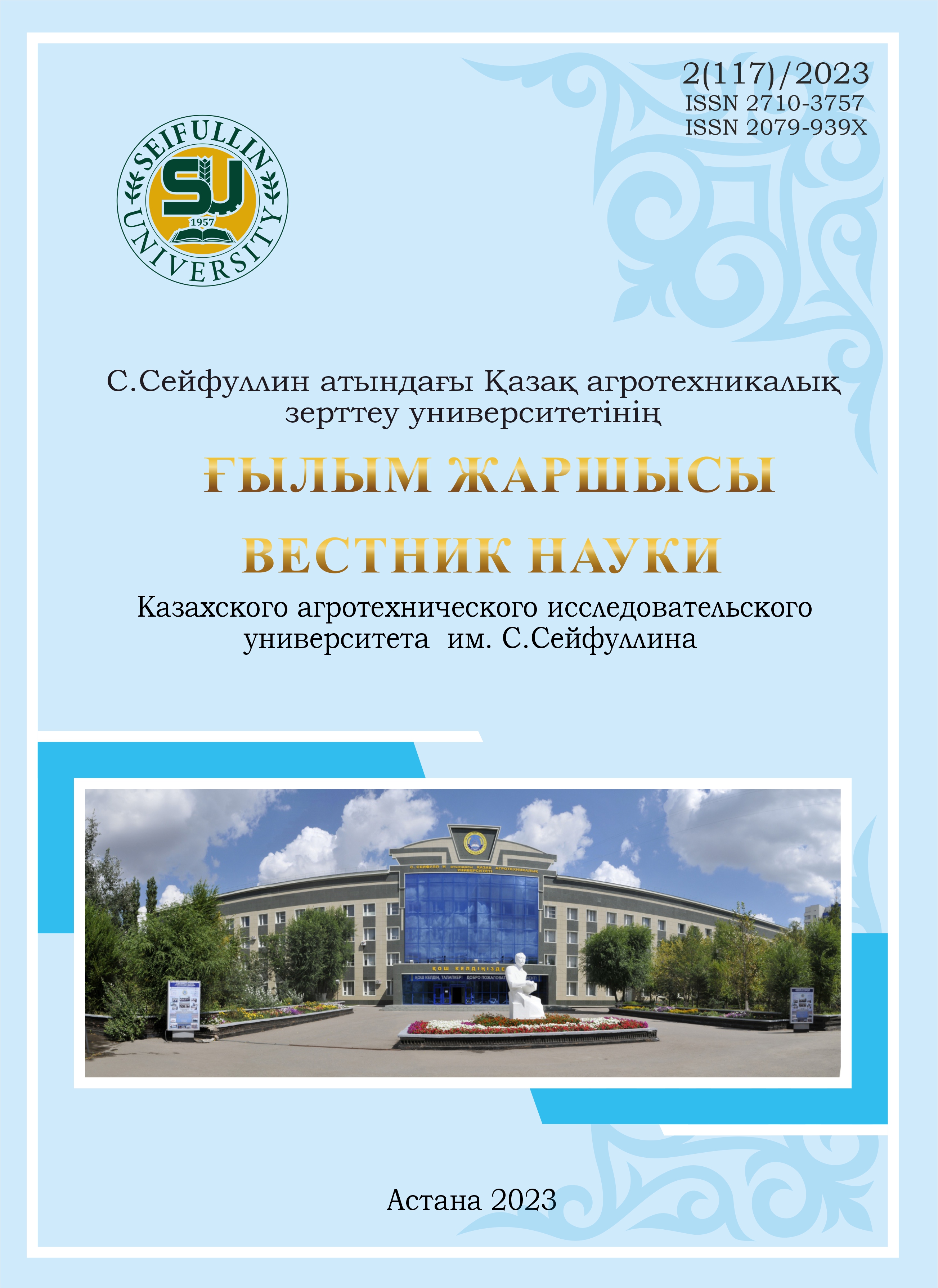IN VITRO POTATO VARIABILITY AND ITS EFFECT ON TUBER NUTRITIONAL PROPERTIES
DOI:
https://doi.org/10.51452/kazatu.2023.2(117).1417Keywords:
potatoes; Solanum tuberosum; in vitro culture; somaclonal varia-bility; starch; total protein; free sugars.Abstract
A comparative analysis of nine somaclonal Dutch selection “Alladin” potato variants test results was carried out using a modified Murashige-Skoog medium with different concentrations of hormones, vitamins and growth stimulants. As a result of the work carried out, 100% callus formation providing from leaf explants and more than 90% shoot formation without the use of additional steps associated with their rooting optimal protocols for in vitro cultivation of potatoes were defined. According to morphological characteristics 9 initial lines were selected among the Dutch selec-tion of “Alladin” potato variety regenerated plants using these protocols. The tubers of the second reproduction obtained from these lines were used for the analysis of bi-ochemical parameters (starch, soluble sugars, proteins). As a result, lines with the maximum starch content were identified, 2 lines out of 9 exceeded the control sample by 3.3% and 10.7%. The protein content in the tubers of 7 somaclonal variants from 1% to 10.6% exceeded this indicator in the control. In comparison to the control, the sugar content was significantly lower (from 37.9 to 54%) in 3 studied samples. The results obtained are of great practical interest for further breeding studies to consoli-date them and create new dietary and table varieties of potatoes. Based on the ob-tained somaclonal variants, new promising potato varieties adapted to the soil and climatic conditions of Northern Kazakhstan can be obtained.

